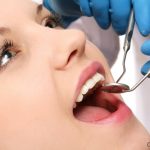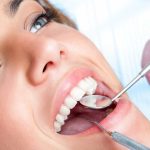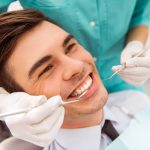Vaping After Wisdom Teeth Removal: A Comprehensive Guide
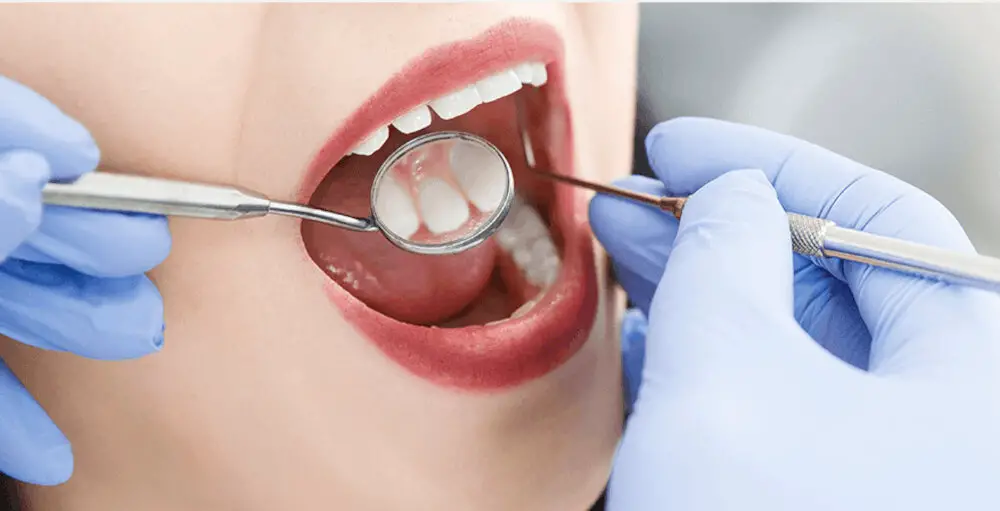
Vaping has been a popular trend in recent years, with many people turning towards electronic cigarettes as a healthier alternative to smoking. However, after wisdom teeth removal, many individuals are unsure whether vaping is a safe option or not. The extraction of wisdom teeth can be a painful and uncomfortable experience, and it is important to take extra precautions to ensure a smooth recovery. This comprehensive guide will provide all the necessary information on vaping after wisdom teeth removal, including the risks involved, the best practices to follow, and the benefits of vaping during the recovery period. Wisdom teeth removal is a common dental procedure, but it can be a daunting experience for many individuals. The healing process can take several days, and it is important to follow the instructions provided by your dentist or oral surgeon to avoid any complications. Vaping after wisdom teeth removal is a controversial topic, with some people believing that it can help ease the pain and discomfort, while others argue that it can lead to complications such as dry socket. This guide aims to provide a comprehensive overview of the benefits and risks of vaping after wisdom teeth removal, as well as tips and tricks for a speedy and comfortable recovery.
Wisdom teeth, also known as third molars, are the last set of teeth to erupt in the back of the mouth. They typically emerge in the late teenage years or early twenties. However, due to evolution and changes in diet, many people do not have enough room in their mouths for these teeth to come in properly. This can cause pain, infection, and damage to adjacent teeth. Therefore, the extraction of wisdom teeth is a common procedure to prevent these problems from occurring. The procedure involves numbing the area around the tooth, creating an incision in the gum tissue, and removing the tooth. Recovery time varies, but it is important to follow all post-operative instructions to minimize pain and prevent complications.
Vaping after wisdom teeth removal is a cause for concern due to the negative effects it can have on the healing process. Wisdom teeth removal is a surgical procedure that requires a certain amount of time to heal, and vaping can impede this process by introducing harmful chemicals and toxins into the body. These toxins can cause inflammation of the gums and slow down the healing process, causing pain and discomfort for the patient. Additionally, vaping can cause dry sockets, a painful condition that occurs when the blood clot that forms after tooth extraction is dislodged or dissolved prematurely. It is important to avoid vaping after wisdom teeth removal to ensure a smooth and speedy recovery.
The purpose of this comprehensive guide titled \Vaping After Wisdom Teeth Removal\ is to provide essential information and guidance to individuals who have recently undergone wisdom teeth extraction and are considering vaping as an alternative to smoking. The guide aims to educate readers on the potential risks and benefits of vaping after wisdom teeth removal, including the impact it may have on the healing process, as well as the potential risks associated with vaping. It provides practical advice on how to minimize any potential harm and ensure a smooth recovery. Additionally, the guide aims to dispel any myths or misconceptions surrounding vaping and its impact on oral health, providing readers with accurate and evidence-based information. Overall, this guide serves as a valuable resource for anyone looking to make informed decisions about vaping after wisdom teeth removal.
Understanding Wisdom Teeth Removal
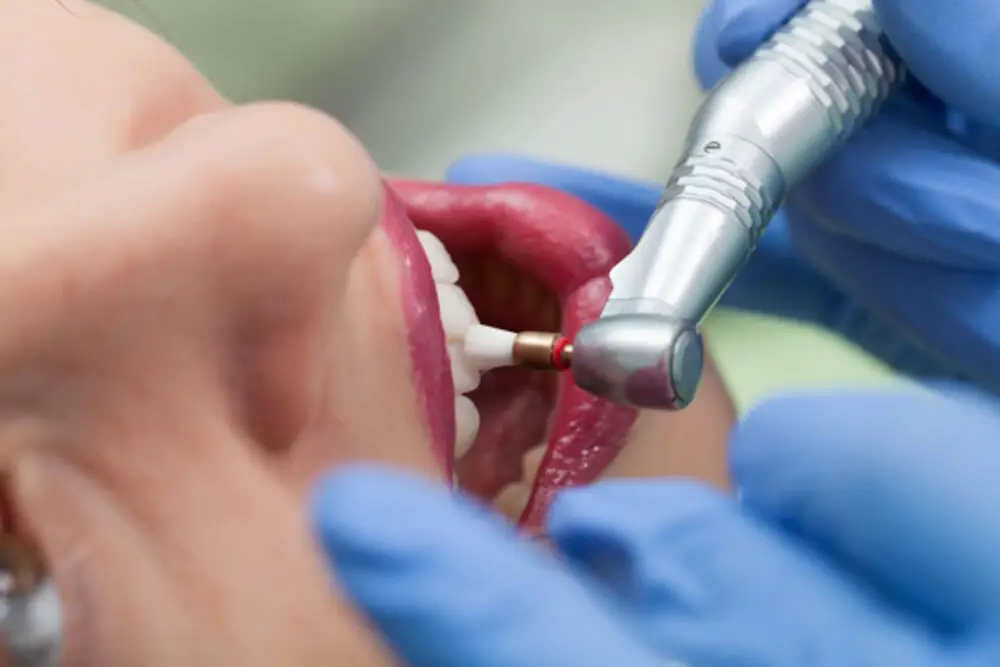
Wisdom teeth are the third molars that grow at the back of the mouth, usually between the ages of 17 and 25. They are called wisdom teeth because they grow at a time when people are considered to be wiser. However, these teeth often cause problems such as overcrowding, impaction, infection, and pain. In such cases, dentists may recommend wisdom teeth removal. The surgery involves the extraction of one or more wisdom teeth in a single appointment, under local or general anesthesia. After wisdom teeth removal, it is important to follow the dentist’s instructions for a quick and smooth recovery. Patients may experience discomfort, swelling, bleeding, and restricted mouth opening for a few days after the surgery. They should avoid smoking, spitting, and using straws, as these activities can dislodge the blood clot that forms in the socket of the extracted tooth and cause a painful condition called dry socket. Patients should also eat soft foods, drink plenty of fluids, and use ice packs to reduce swelling. Painkillers and antibiotics may be prescribed to manage pain and prevent infection. By following these guidelines, patients can ensure a successful wisdom teeth removal and return to their normal activities within a few days.
Wisdom teeth, also known as third molars, are the final set of teeth to emerge in the back of the mouth. For many people, wisdom teeth can cause discomfort, pain, and even infection due to their size and location. As a result, dentists often recommend their removal to prevent further complications. The removal of wisdom teeth is a common dental procedure that involves either local or general anesthesia, and the extraction of one or more teeth. Recovery time can vary, but patients can typically expect some discomfort and swelling for a few days. It is important to follow post-operative instructions and avoid smoking or vaping to ensure proper healing.
Wisdom teeth are often removed due to several reasons. Firstly, they can become impacted, which means they are unable to emerge from the gum due to lack of space. This can cause pain, infection, and damage to the teeth and jawbone. Secondly, wisdom teeth can grow at an angle, leading to crowding and shifting of the other teeth. Thirdly, the teeth can be difficult to clean, leading to decay and gum disease. Lastly, removing the wisdom teeth can prevent future dental problems and save the patient from undergoing more invasive procedures later on. Therefore, it is important to consult with a dental professional to determine if wisdom teeth removal is necessary.
When it comes to wisdom teeth extraction, there are generally two types of procedures: simple extraction and surgical extraction. Simple extraction is usually performed when the tooth has already erupted from the gum and is visible. The dentist will use an elevator and forceps to loosen and remove the tooth. On the other hand, surgical extraction is required when the tooth is impacted or has not fully emerged from the gum. The dentist will make an incision in the gum and remove the tooth in pieces if necessary. Both procedures are done under local anesthesia, but surgical extraction may require general anesthesia or sedation. The type of procedure needed will depend on the position and condition of the wisdom teeth.
After having your wisdom teeth removed, the recovery process can be both uncomfortable and challenging at times. It’s important to follow your dentist’s postoperative instructions carefully to ensure proper healing. Typically, the first few days after surgery are the most challenging, with swelling, bleeding, and discomfort being the most common symptoms. It’s essential to get plenty of rest and avoid any strenuous activity for at least a week. Additionally, you’ll need to modify your diet, sticking to soft foods and avoiding anything that requires chewing. You can expect to experience some pain and swelling for a few days, but this should gradually subside as you continue to heal. Applying ice packs to your cheeks and taking pain medication as prescribed can help manage these symptoms. Overall, patience and self-care are key during the recovery process after wisdom teeth removal.
Vaping and Its Potential Risks After Wisdom Teeth Removal

Wisdom teeth removal is a common surgery that involves the extraction of the third molars. It is a routine procedure, but it requires special care during the recovery period. One of the most important aspects of recovery is avoiding anything that could irritate the surgical site. Vaping is one of the activities that patients need to be cautious about during the post-operative period. Vaping, which involves inhaling and exhaling vapor from an electronic cigarette or other vaping device, can potentially cause complications after wisdom teeth removal. The vapor can irritate the surgical site, leading to infection, dry socket, and other issues. Moreover, the nicotine in e-cigarettes can restrict blood flow, which can impede the healing process. Therefore, patients who have undergone wisdom teeth removal should avoid vaping until they have fully recovered. Additionally, vaping can cause other health risks that can complicate the recovery process after wisdom teeth removal. Vaping can cause lung damage, respiratory problems, and cardiovascular issues. These health problems can make it harder for the body to recover from the surgery and increase the risk of complications. Moreover, vaping can cause dehydration, which can also hinder the healing process. Therefore, patients who have undergone wisdom teeth removal should avoid vaping and any other activities that can cause health problems until they have fully recovered. By following the post-operative instructions given by their dentist, patients can ensure a smooth recovery and avoid any potential risks associated with vaping.
Vaping is the act of inhaling and exhaling vapor produced by electronic cigarettes or other vaping devices. While it is often marketed as a safer alternative to smoking, studies have shown that vaping can have negative effects on oral health. The chemicals in the e-liquid used in vaping can cause inflammation and irritation of the gums, leading to gum disease and tooth loss. Additionally, the nicotine in e-cigarettes can cause dry mouth, which can increase the risk of tooth decay and bad breath. Overall, it is important for individuals who vape to be aware of the potential impact on their oral health and take steps to protect their teeth and gums.
Vaping after wisdom teeth removal may pose several risks that patients should be aware of. The act of inhaling vapor may cause dry socket, which is a painful condition that occurs when the blood clot that forms after a tooth extraction is dislodged. This can delay the healing process and increase the risk of infection. Additionally, vaping can cause irritation and inflammation in the mouth and throat, which can further exacerbate discomfort and pain. It is important for patients to follow their dentist’s post-operative instructions carefully and avoid vaping for at least 48 hours after the procedure to minimize these risks.
Vaping can significantly affect the healing process after wisdom teeth removal. The chemicals in e-cigarettes can cause dry mouth, which slows down the healing process and increases the risk of infection. The nicotine in e-cigarettes can also constrict blood vessels, which can reduce blood flow to the surgical site, making it harder for the body to heal. Additionally, vaping can cause irritation to the gums and other tissues, which can lead to complications such as dry socket. It is recommended to avoid vaping for at least 72 hours after wisdom teeth removal to ensure proper healing.
Dry socket is a painful condition that can occur after wisdom teeth removal, and it is often linked to smoking. When a tooth is removed, a blood clot forms in the socket to protect the bone and nerves underneath. However, if the clot is dislodged or dissolves too quickly, the bone and nerves become exposed, leading to a painful condition called dry socket. Vaping after wisdom teeth removal can also increase the risk of dry socket because the act of inhaling can create negative pressure in the mouth, which can dislodge the blood clot. Additionally, the chemicals in e-cigarettes can slow down the healing process and irritate the extraction site, making it more susceptible to infection and dry socket. Therefore, it is recommended to avoid vaping and smoking altogether after wisdom teeth removal to prevent the risk of dry socket and promote faster healing.
Guidelines for Vaping After Wisdom Teeth Removal
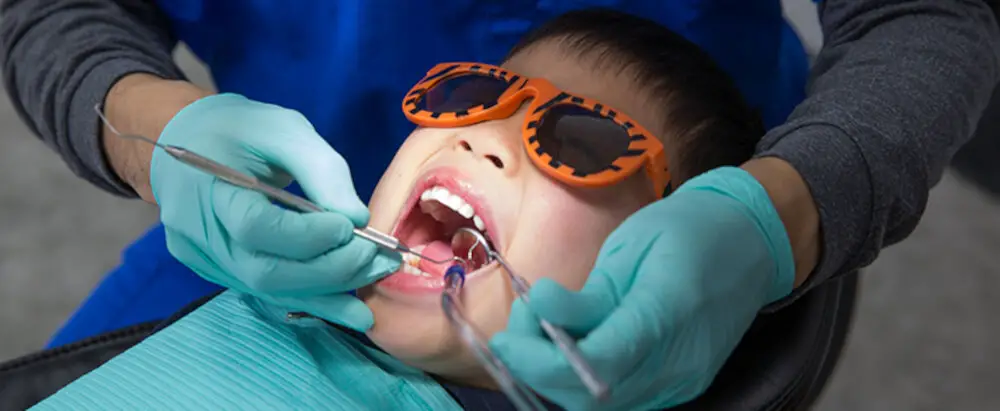
Wisdom teeth removal is a common dental surgery that many people undergo during their lifetime. It can be a painful and uncomfortable experience that requires careful attention and consideration when it comes to post-operative care. One of the main concerns for those who vape is whether it is safe to continue doing so after wisdom teeth removal. While vaping can be a safer alternative to smoking cigarettes, it is still important to take certain precautions to prevent complications and ensure a speedy recovery. Firstly, it is crucial to avoid vaping immediately after wisdom teeth removal surgery. The suction created while vaping can cause damage to the surgical site, resulting in delayed healing and potential infection. Dentists recommend waiting at least 48 hours before resuming vaping to allow the initial healing process to take place. It is also important to avoid using e-liquids with high nicotine concentrations, as nicotine can slow down the healing process and increase the risk of complications such as dry sockets. Opting for e-liquids with lower nicotine concentrations or even nicotine-free options can help reduce the likelihood of such complications. Additionally, maintaining good oral hygiene by rinsing with salt water and avoiding hot or acidic foods and drinks can aid in the healing process and prevent further discomfort.
After undergoing wisdom teeth removal, it is important to follow proper aftercare instructions to ensure successful healing. One of the common questions that patients have is when it is safe to start vaping again. While vaping may seem harmless, it can still have adverse effects on the healing process, such as delaying the formation of blood clots and increasing the risk of dry socket. It is recommended to wait at least 48 hours before resuming vaping after wisdom teeth removal. However, it is still best to consult with your dentist or oral surgeon to determine the appropriate time for you to resume vaping based on your individual healing progress. It is crucial to prioritize your oral health and follow the recommended aftercare instructions to avoid any potential complications.
After wisdom teeth removal, vaping can be a tempting alternative to smoking as it is generally considered less harmful. However, there are still risks associated with vaping, especially during the healing process. To minimize these risks, it is important to avoid using e-juices with high nicotine levels, as nicotine can slow down the healing process and increase the risk of dry sockets. It is also recommended to avoid using devices with high wattage or temperature settings, as this can cause irritation and inflammation in the mouth. Additionally, it is important to keep your device and vaping area clean and to avoid sharing your device with others to prevent infection. By following these tips, you can minimize the potential risks associated with vaping after wisdom teeth removal and ensure a smooth and speedy recovery.
During the healing process after wisdom teeth removal, maintaining good oral hygiene is crucial to prevent any complications such as infection or dry socket. Best practices for oral hygiene during this time include gentle brushing of teeth twice a day with a soft-bristled toothbrush, avoiding the extraction site, and rinsing with saltwater solution after meals. It is also important to avoid smoking, vaping, or using any tobacco products, as they can delay the healing process and increase the risk of complications. Maintaining good oral hygiene practices during the healing process can promote faster recovery and prevent any potential complications.
If you’re in recovery from wisdom teeth removal and concerned about vaping’s effects on your healing process, there are a variety of alternatives to consider. One option is to switch to nicotine gum or patches, which can help satisfy cravings without the harmful effects of inhaling smoke or vapor. Another alternative is to try non-nicotine-based products, such as herbal cigarettes or vaping liquids that contain zero nicotine. Additionally, behavioral therapies and support groups can provide valuable resources and tools to help manage withdrawal symptoms and promote a successful recovery. Ultimately, the decision to quit vaping or switch to an alternative method will depend on your individual needs and preferences, but with the right support and resources, it’s possible to make a successful transition to a healthier lifestyle.
Frequently Asked Questions About Vaping After Wisdom Teeth Removal
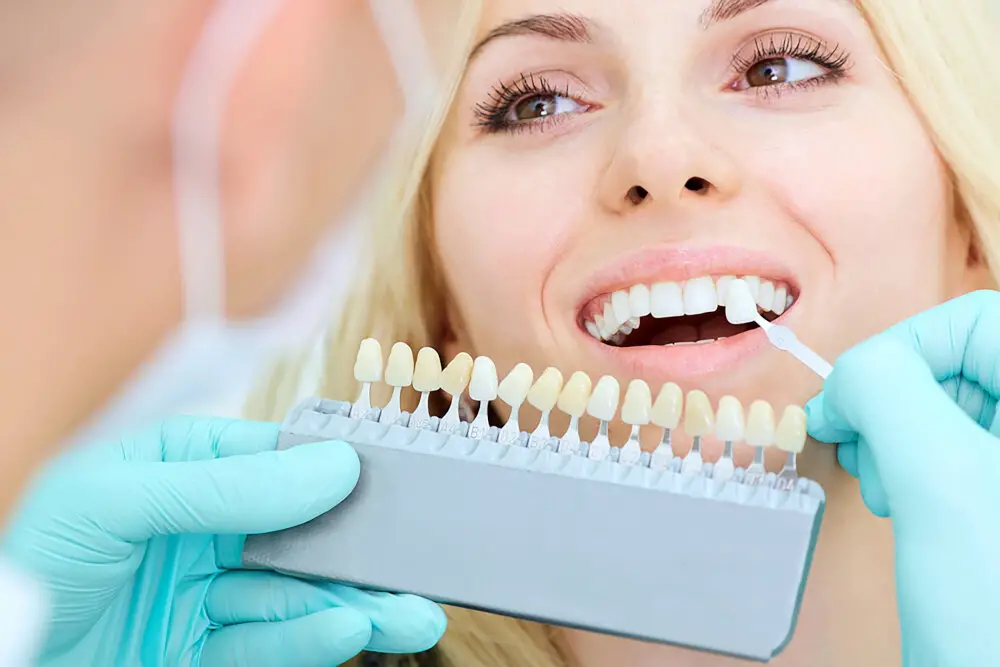
Wisdom teeth removal is a common dental procedure that people undergo as they reach adulthood. It is performed to prevent overcrowding and other dental issues. After wisdom teeth removal, the patient is expected to follow certain instructions to ensure a successful recovery. One of the frequently asked questions after wisdom teeth removal is whether it is safe to vape. Vaping after wisdom teeth removal is not recommended as it can delay the healing process and cause complications. The suction created during vaping can dislodge the blood clot that forms in the socket, leading to a painful condition called dry socket. Dry socket occurs when the blood clot is removed or dissolves, exposing the underlying bone and nerves. It can cause severe pain, bad breath, and a foul taste in the mouth. Additionally, the chemicals in the vape juice can irritate the healing tissues, causing inflammation and infection. Therefore, it is best to avoid vaping for at least a week after wisdom teeth removal to promote proper healing and avoid complications.
After getting your wisdom teeth removed, it is recommended to avoid smoking or vaping for at least 72 hours. Vaping can cause negative effects such as dry socket, which is a painful condition that occurs when a blood clot in the socket where the tooth was removed becomes dislodged. This can cause a delay in the healing process and increase the risk of infection. Additionally, the suction motion involved in vaping can cause pressure on the mouth, which can also lead to dry socket. It is best to wait until the healing process is complete before resuming vaping to ensure a smooth and speedy recovery.
If you’re a vaper who has recently had wisdom teeth removed, it’s important to follow the proper postoperative care instructions to avoid complications. While vaping may seem harmless, inhaling the vapor can cause dry sockets, a painful condition that occurs when the blood clot that forms after extraction becomes dislodged. To avoid this, it’s recommended to wait at least 72 hours before vaping after wisdom teeth removal. This allows the clot to form properly and reduces the risk of dry sockets. Additionally, it’s important to avoid nicotine and other substances that can slow down healing and increase the risk of complications. By following the proper guidelines, you can ensure a smooth recovery and avoid any unnecessary pain or complications.
Vaping after wisdom teeth removal can pose several risks to oral health, including delayed healing, dry socket, and infection. Vaping involves inhaling vaporized liquid, which can irritate surgical wounds, leading to inflammation and delayed healing. Additionally, the heat and chemicals in vaping liquids can cause dry socket, a painful condition that occurs when the blood clot that forms after tooth extraction is dislodged, exposing the underlying bone and nerves. This can increase the risk of infection, as bacteria can enter the wound and cause further complications. Therefore, it is advisable to avoid vaping and any other nicotine or tobacco products for at least a week after wisdom teeth removal to ensure proper healing and reduce the risk of complications.
Vaping, just like smoking, can cause dry socket after wisdom teeth removal. Dry socket is a painful condition that occurs when the blood clot at the extraction site is dislodged or dissolves, leaving the bone and nerves exposed. The suction created during vaping can dislodge the blood clot, which can lead to dry socket. Additionally, the chemicals in e-cigarettes can also slow down the healing process, increasing the risk of developing dry socket. Therefore, it is recommended to avoid vaping or smoking for at least 72 hours after wisdom teeth removal to reduce the risk of developing dry socket and help promote faster healing.
In conclusion, if you’ve recently had wisdom teeth removed and are considering vaping, it’s important to proceed with caution. Vaping can potentially cause complications during the healing process, such as dry socket and infection. It’s recommended to wait at least 72 hours before vaping and to avoid using nicotine or other substances that could further hinder the healing process. It’s also important to practice good oral hygiene and to follow all post-operative instructions provided by your dentist or oral surgeon to ensure a smooth and successful recovery. With patience and care, you can safely resume vaping after wisdom teeth removal.
Following recovery guidelines after wisdom teeth removal is crucial to ensure a smooth and speedy recovery. Ignoring these guidelines can result in complications that may prolong the healing process and cause unnecessary pain. The guidelines are designed to reduce the risk of infection, swelling, bleeding, and other post-surgery complications. Failure to follow these guidelines can lead to dry socket, a painful condition where the blood clot that forms in the socket is dislodged, exposing the underlying bone and nerves. It is also important to avoid vaping after wisdom teeth removal, as it can delay healing and cause irritation to the surgical site. By following recovery guidelines, patients can ensure a successful recovery and return to their normal routine as soon as possible.
In conclusion, vaping after wisdom teeth removal can be a tricky situation to navigate. While it may seem like a safer alternative to smoking, there are still risks involved such as infection and dry socket. It is important to follow your dentist’s instructions and refrain from vaping for at least 24-48 hours after the procedure. Additionally, using a nicotine-free e-liquid and avoiding any harsh flavors can help reduce the chances of complications. Ultimately, it is best to prioritize your oral health and allow your mouth to fully heal before returning to vaping.
Conclusion
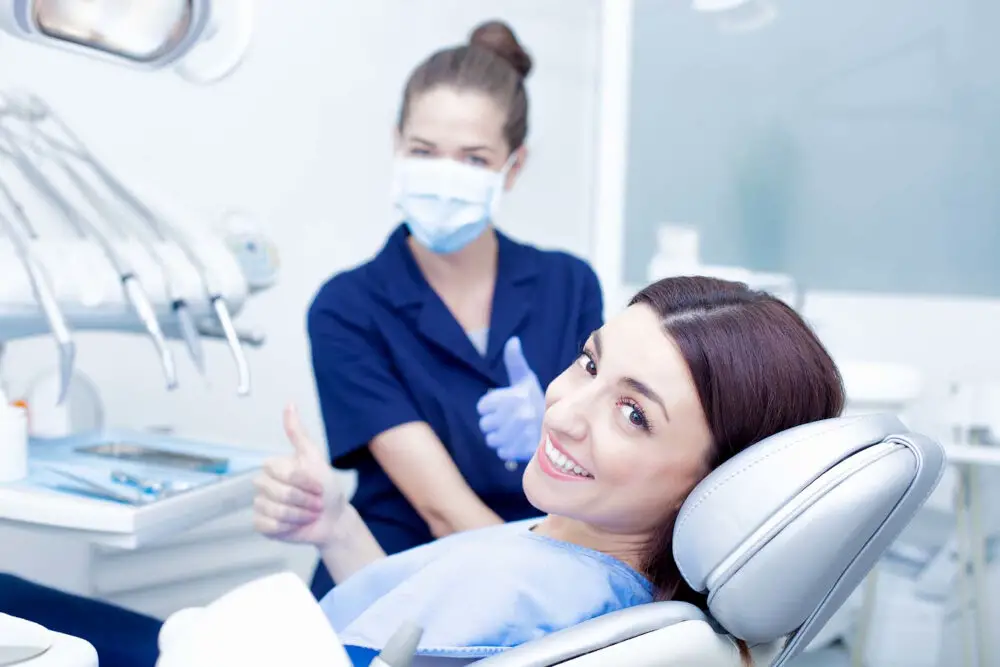
In conclusion, it is important to take the necessary precautions and follow the guidelines provided by your dentist or surgeon after wisdom teeth removal. While vaping may seem like a harmless activity, it can still cause complications and hinder the healing process. It is best to avoid vaping altogether until you have fully recovered from the procedure. Additionally, it is crucial to prioritize your oral hygiene during this time to prevent further complications and ensure a speedy recovery. By taking these precautions, you can ensure a successful recovery and minimize any potential risks associated with vaping after wisdom teeth removal.
